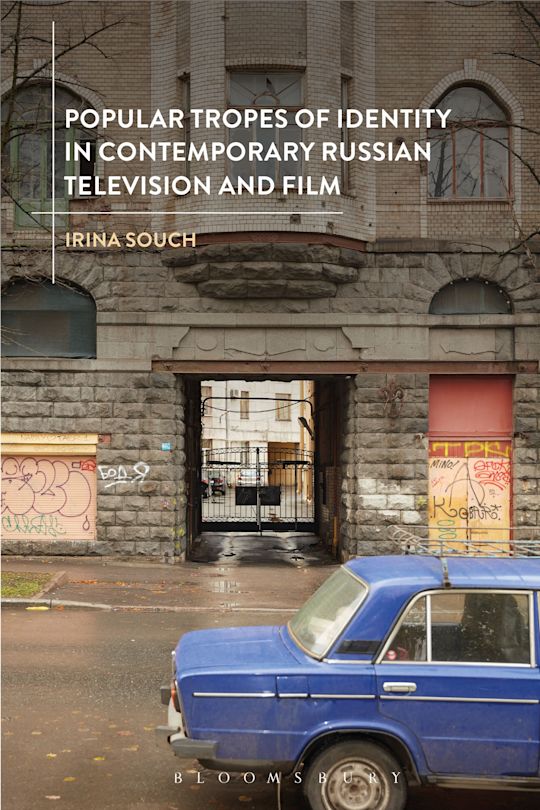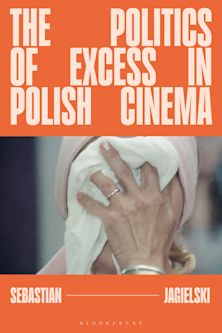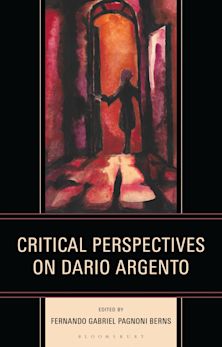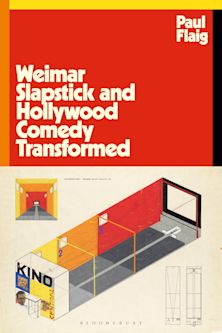- Home
- ACADEMIC
- Film & Media
- European Cinema
- Popular Tropes of Identity in Contemporary Russian Television and Film
Popular Tropes of Identity in Contemporary Russian Television and Film
Popular Tropes of Identity in Contemporary Russian Television and Film
You must sign in to add this item to your wishlist. Please sign in or create an account
Description
This book is an exploration of the changes in Russian cultural identity in the twenty years after the fall of the Soviet state. Through close readings of a select number of contemporary Russian films and television series, Irina Souch investigates how a variety of popular cultural tropes ranging from the patriarchal family to the country idyll survived the demise of Communism and maintained their power to inform the Russian people's self-image. She shows how these tropes continue to define attitudes towards political authority, economic disparity, ethnic and cultural difference, generational relations and gender. The author also introduces theories of identity developed in Russia at the same time, enabling these works to act as sites of productive dialogue with the more familiar discourses of Western scholarship.
Table of Contents
Note on Transliteration and Translation
Introduction: Popular Tropes of Identity in Contemporary Russian Television and Film: An Introduction
One: From paternal authority to brotherhood: Soviet identity myths in transition
Two: Us versus them: fantasies of otherness in the construction of post-Soviet identity
Three: Double thinking: negotiating adjustment to societal change
Four: The waning family: gender and generations in post-Soviet society
Five: Towards new forms of sociality: laughter as a socially productive force
Afterword
Notes
References
Index
Product details

| Published | 16 Nov 2017 |
|---|---|
| Format | Ebook (Epub & Mobi) |
| Edition | 1st |
| Extent | 248 |
| ISBN | 9781501329043 |
| Imprint | Bloomsbury Academic |
| Illustrations | 49 bw illus |
| Publisher | Bloomsbury Publishing |
About the contributors
Reviews
-
Parents and children. Us and them. Families in need of repair. Irina Souch analyzes these societal constructions (and more) through case studies of recent Russian popular films and television serials. By exploring the ways that post-Soviet culture has wrestled with individual, group, and familial identities, Souch persuasively demonstrates how contemporary Russianness is constructed through narratives that interpret the past while also reworking popular cultural tropes. Souch illustrates how television shows and films have played important role in the creation of new Russian myths of brotherhood, patriarchal authority, enemies, and family life.
Stephen M. Norris, Professor of History, Miami University (OH), USA
-
Irina Souch is an expert in cultural analysis, and a cinema lover with insider knowledge of Russia. Her reflections on identity formation deepen existing scholarship on post-Soviet audiovisual culture, and they offer an entertaining (but pleasantly critical) read. This book is, in short, very good news -- for film and TV historians, but for Russianists, sociologists, and experts in cultural studies, too.
Ellen Rutten, Professor of Slavic Literatures & Cultures, University of Amsterdam, Netherlands

ONLINE RESOURCES
Bloomsbury Collections
This book is available on Bloomsbury Collections where your library has access.


































